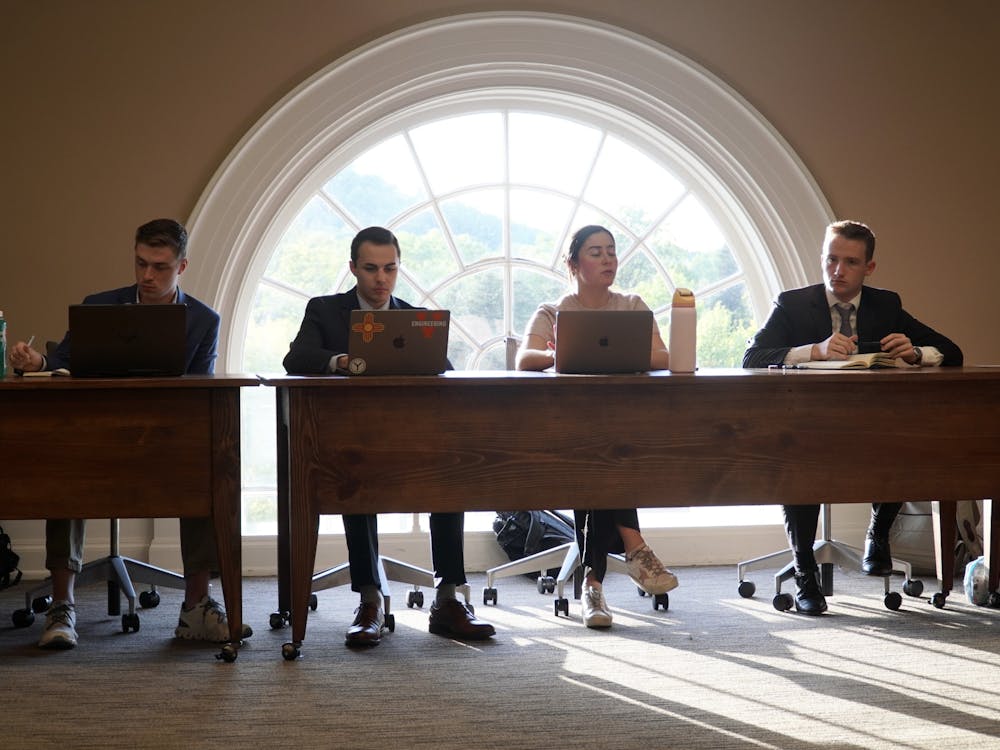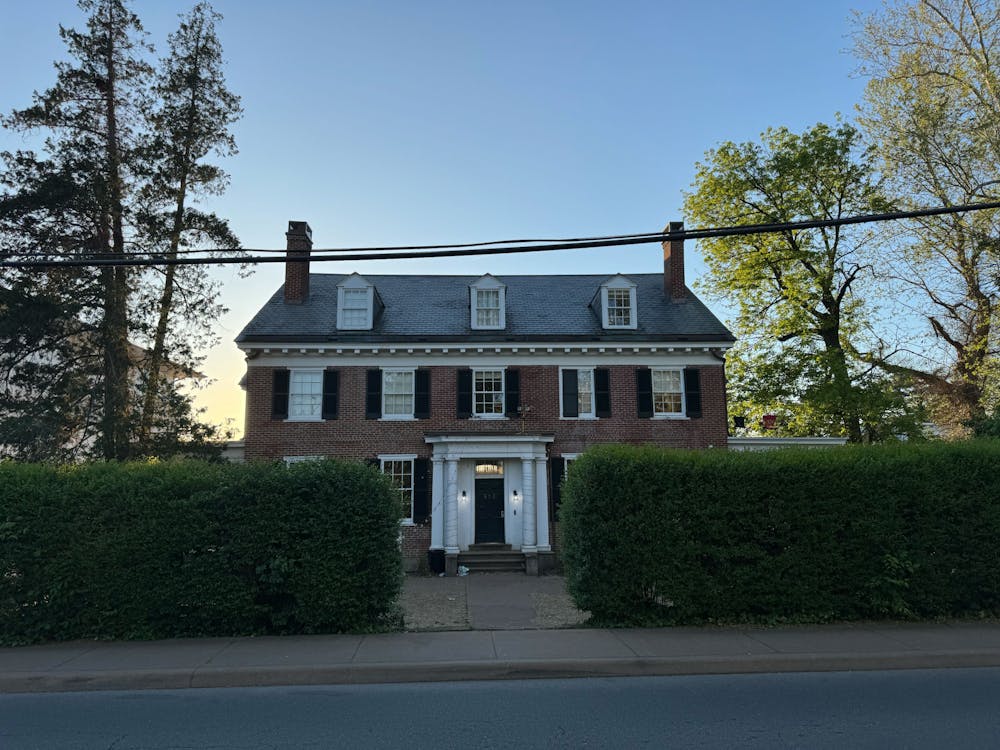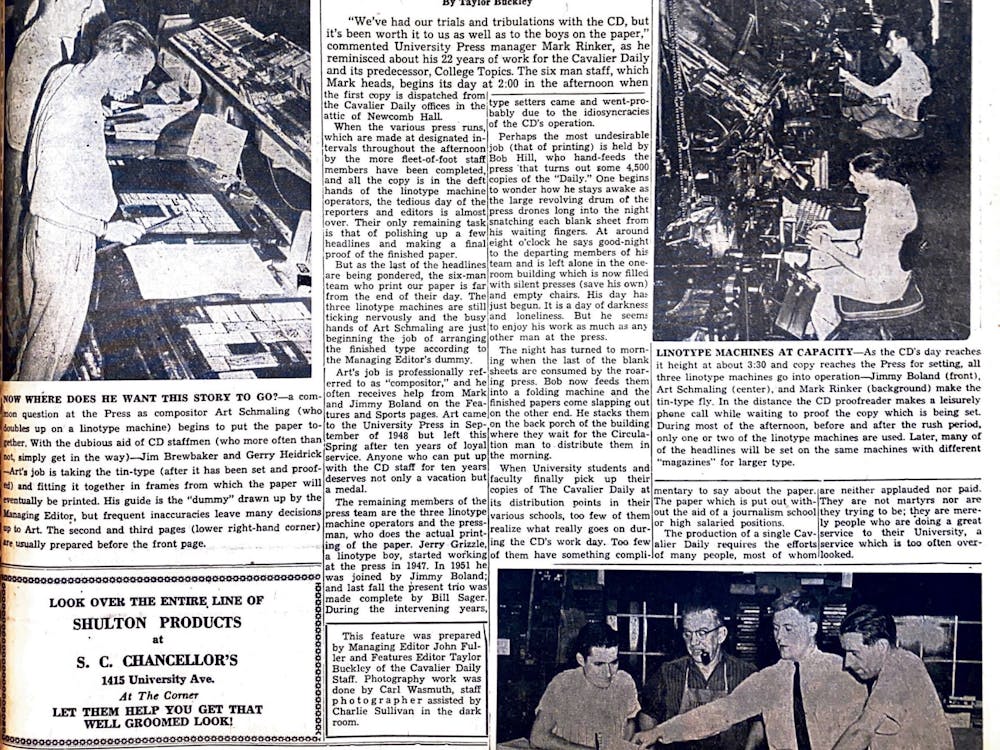Complaints from private student loan borrowers increased by more than one-third compared to last year, according to a new report from the Consumer Financial Protection Bureau.
The report, titled “Annual Report of the CFPB Student Loan Ombudsman,” analyzes complaints regarding private student loans submitted between Oct. 1, 2013 and Sept. 30 this year. It also offers recommendations on how to improve the student loan system.
“During this period the Bureau handled approximately 5,300 private student loan complaints, an increase of approximately 38 percent compared to that of the previous year,” the report reads.
Rohit Chopra, student loan ombudsman for CFPB, said the increase in complaints is due to the financial crisis, which has left many recently-graduated students without the ability to pay back their loans.
“Funded in large part by the asset-backed securities market, many lenders made money simply by originating and then selling private student loans with little regard for a borrower's ability to repay,” Chopra said in press conference. “The market grew from less than $5 billion in 2001 to over $20 billion in 2008, and then rapidly contracted to less than $6 billion in 2011.”
Most complaints the CFBP documented were in regards to a lack of payment options and inflexibility in time of financial distress.
Fourth-year College student Katy Hutto, co-founder of United for Undergraduate Socioeconomic Diversity at the University, said the University has a tiered system of approaching student loans. Student Financial Services begins by looking for federal funds a student may qualify for based on the Free Application for for Federal Student Aid, in addition to other grants and aid a student qualifies for until the University can determine how much institutional aid is needed to bridge the gap between expected family contribution and full cost of attendance.
In addition to state grants, a first-year student can take out up to $3,500 in federal loans, and up to $5,500 by fourth year, Hutto said.
“U.Va. recalculates demonstrated need through its own institutional methodology after federal methods have come up with an initial estimate, and any outside scholarships that a student comes in with will always replace potential loans and work-study requirements before they cut into grants,” Hutto said in an email. “For any student whose financial aid is threatened by a failure to meet satisfactory academic progress, there's also an appeals process through which the office tries it best to account for special circumstances.”
The University recently cut the AccessUVA’s no-loan policy for students in the lowest income bracket, which guaranteed qualifying students would receive all-grant aid packages.
“AccessUVa's no-loan policy used to be an incredible resource for any student within 200 percent of the federal poverty line, but with that having just been cut, even the lowest-income students can now graduate with up to $14,000 in loans if in-state or $28,000 if out-of-state,” Hutto said.
According to the report, many graduated students cannot afford to pay back their student loans and are unable to get information on how to modify their loans. This forces them to default.
“Like many of the improper and unnecessary foreclosures experienced by homeowners, I am concerned that inadequate servicing has contributed to America's growing student loan default problem, now topping 7 million Americans in default on over $100 billion in balances,” Chopra said.
Among the reforms the CFPB recommends is a re-examination of the 2005 changes to the Bankruptcy Code, which created tighter eligibility requirements for declaring bankruptcy.
“While regulators and policymakers have continued to urge the private student loan industry to work constructively with borrowers on loan modifications, the 2005 changes to the Bankruptcy Code may be undermining these efforts,” Chopra said. “These changes may be leading to higher expected post-default collections, reducing the incentive for lenders and servicers to modify loans and help borrowers avoid default, even though it may be in the best interest of all parties over the long run.”
Hutto said the University could improve its student loan system by restoring AccessUVA’s no-loan policy. By the time the policy cut applies to all four enrolled undergraduate classes in 2018, 1,375 students who would have received all-grant-aid before the cut will have been affected, she said.
“On the federal side, I think the College Scorecard system could be improved to do a better job capturing both the nuances of how student debt affects institutional enrollment and student success and the range of issues facing students whose loans go beyond federal sources,” Hutto said. “Private lenders could do a much better job spreading clear, easily accessible information about students' repayment options — as could even the federal government, to a lesser extent.”




